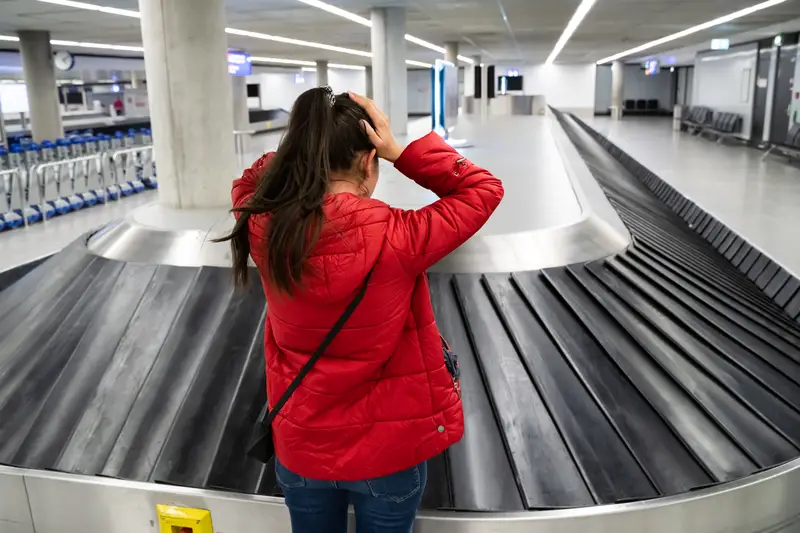Most passengers assume they have robust legal protections when flying, but the reality is far more unsettling. U.S. airlines operate under surprisingly broad powers that can impact everything from your seat assignment to your wallet. Understanding these legal rights might change how you approach your next flight.
They can legally sell more tickets than seats

Airlines routinely engage in overbooking, selling more tickets than available seats. When too many passengers show up, airlines can legally deny boarding to paying customers – even those who’ve already checked in and received seat assignments.
While airlines must first ask for volunteers to give up their seats, they maintain the right to involuntarily bump passengers if necessary. The silver lining? Federal regulations require compensation of up to $1,350 for domestic flights when you’re involuntarily denied boarding.
Your baggage compensation has strict limits
When airlines mishandle your luggage, their liability is surprisingly limited. Federal regulations cap domestic baggage liability at a specific amount, regardless of your bag’s actual value. Unless you’ve purchased additional coverage, you might receive minimal compensation for lost designer clothing or expensive electronics.

What’s more shocking? Airlines can legally establish their own stricter time limits for baggage claims. Miss their deadline, and you might forfeit any compensation, even if the airline clearly mishandled your belongings.
Weather-related cancellations offer zero guarantees
Unlike the European Union, U.S. regulations don’t require airlines to provide meals, hotels, or alternative transportation during weather-related cancellations. Airlines can leave passengers stranded without compensation or assistance, even during extended delays.

Starting October 2024, new Department of Transportation rules will require airlines to provide cash compensation for airline-caused disruptions. However, weather-related issues remain exempt, potentially leaving passengers to cover their own expenses during natural delays.
Your ticket doesn’t guarantee specific services
Airlines reserve broad rights to change your seat, route, or even aircraft type after purchase. These modifications can occur without compensation, even if they significantly impact your travel plans. Consider a family booking specific seats together – the airline can legally separate them unless the passengers are children under certain ages.
The contract of carriage, which few passengers read, gives airlines remarkable flexibility in modifying services. They can change flight times, eliminate stops, or even switch airports within the same city – all while limiting their liability for any resulting inconvenience or additional expenses you incur.
Removal rights extend beyond disruptive behavior
Airlines maintain surprisingly broad authority to remove passengers from flights. While most people understand removal for disruptive behavior, the grounds for removal can include dress code violations, apparent illness, or even unpleasant odors. The determination often rests solely with airline staff, offering passengers limited recourse.
What if you politely disagree with a crew member’s decision? The airline still maintains the right to remove you, and arguing could result in additional penalties or placement on their restricted travel list.
Understanding airline legal rights reveals a system that heavily favors carrier discretion over passenger protection. While new regulations promise improved safeguards, the fundamental imbalance remains. Smart travelers protect themselves by thoroughly documenting their experiences, knowing their compensation rights, and maintaining proof of expenses during disruptions.

